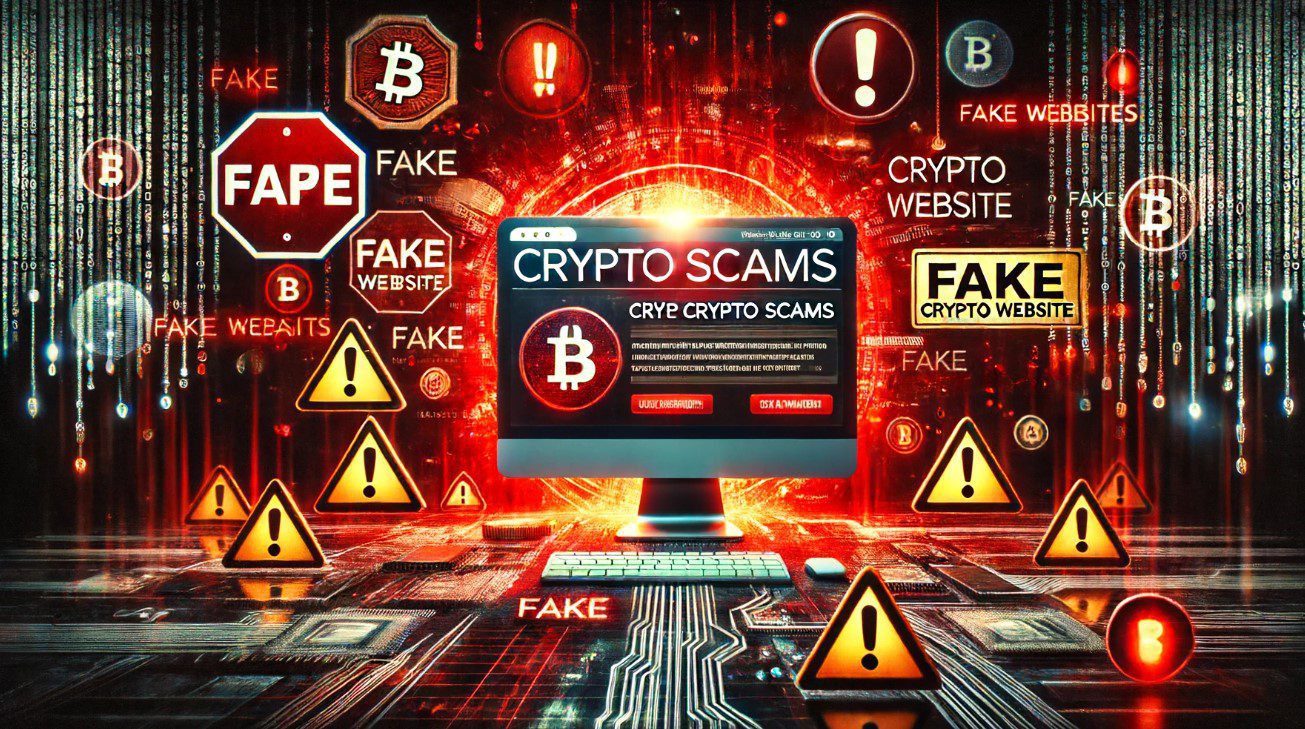During the fervor surrounding political tokens in the backdrop of the intense White House race between ex-President Donald Trump and Vice President Kamala Harris, a token called Restore the Republic (RTR) emerged. Exploiting rumors related to the Trump family, this cryptocurrency led to investor fraud and substantial financial losses.
The RTR Saga Unpacked
As per the report in Fortune, the unfolding of events began when the RTR token surfaced abruptly on the Solana blockchain. Speculations arose immediately linking this new digital currency to former President Donald Trump or his family.

The catalyst was a recent social media post by Eric Trump, Donald Trump’s son, hinting at a forthcoming “big announcement” in the realm of cryptocurrency and decentralized finance (DeFi).
With the Trump name fueling the fire, rumors quickly spread. Ryan Fournier, head of the pro-Trump group Students for Trump, added to the speculation by stating that the “official Trump coin” was the Restore the Republic token.
Within six hours of its introduction, investors poured over $155 million into RTR, causing its value to surge by more than 120%. However, this inflated bubble burst rapidly.
Just an hour after reaching a high of $0.022, RTR plummeted by over 80%. The tipping point? A tweet from Eric Trump cautioning users about “fake tokens” and clarifying that the Trump family’s “official project” had not been disclosed yet.
Reports suggest that the Trump family’s purported new crypto venture might involve investments in Real World Assets (RWA), tentatively named “World Liberty,” utilizing blockchain technology. Nonetheless, these remain speculative until an official announcement is made by the Trump family.
The Trump Crypto Hype
In the aftermath of the RTR token debacle, Donald Trump Jr. moved to distance his family from the controversy, advising speculators not to associate any crypto project with the Trump family “unless you hear it directly from us.” He acknowledged the attraction of “meme coins and that culture” while stressing the importance of distinguishing legitimate ventures from scams.
Allegations have surfaced against Kanpai Labs, the creator of RTR, for orchestrating a “hard rug pull,” a type of crypto deception where developers abruptly abandon a project, taking investors’ funds with them.
Interestingly, Kanpai’s founder, known as “Bags,” initially claimed the Trump family’s involvement in the token and purportedly selected the launch date, only to retract the statement later and disavow any connection.
The RTR incident is not an isolated occurrence in the domain of Trump-themed cryptocurrencies. Other memecoins such as Super Trump (STRUMP) and MAGA (TRUMP) have also experienced price surges during periods of political optimism for the former president.
As of the latest update, MAGA was trading at $2.95, reflecting a 14% decline within 24 hours and a drop of over 55% in the past two weeks.
Image credit: DALL-E, chart source: TradingView.com



